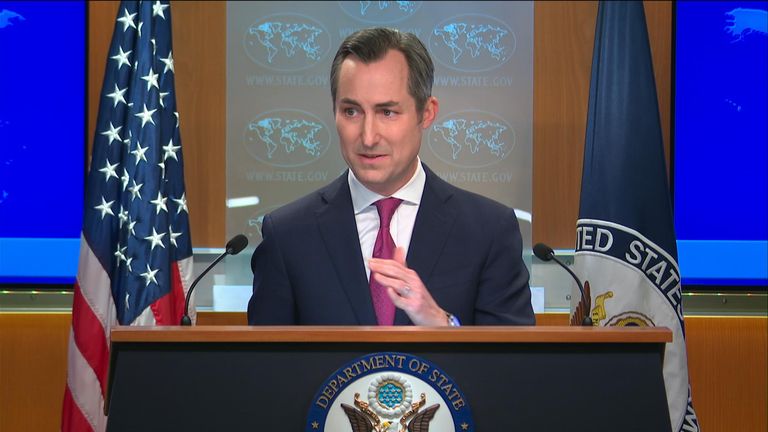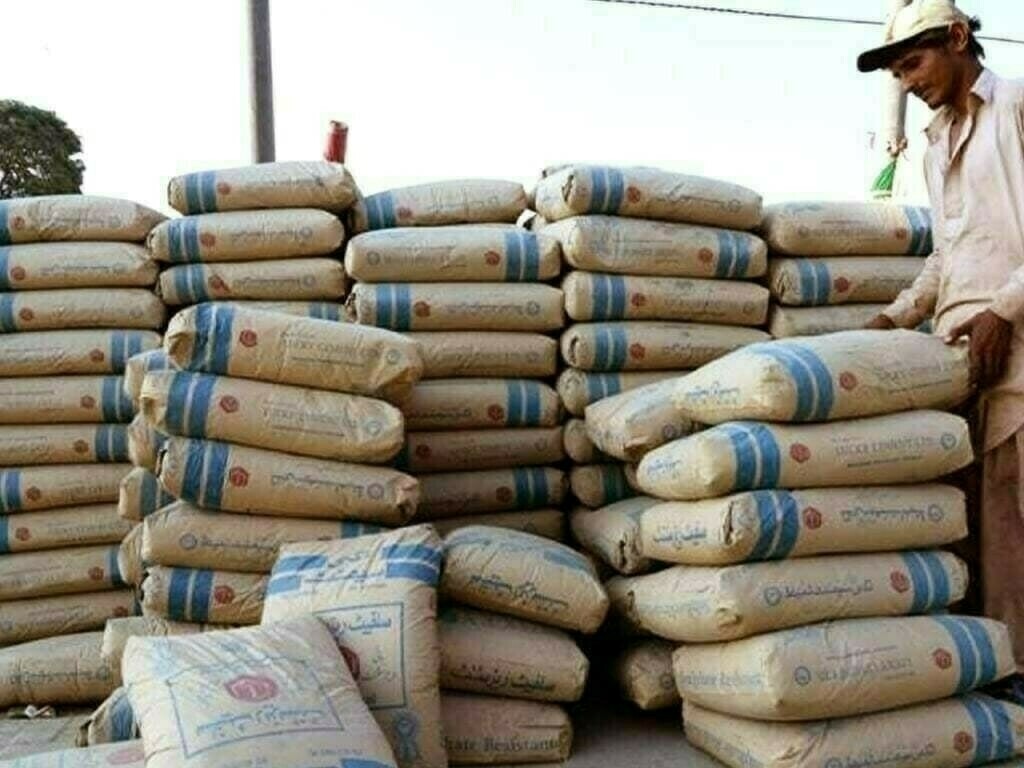PTBP Web Desk
Prime Minister Shehbaz Sharif has announced a major relief package for Pakistan’s industrial and agricultural sectors, promising subsidised electricity over the next three years to help boost productivity, exports, and employment.
The decision was shared on Thursday during a meeting with experts from the industrial and agricultural sectors, along with representatives of the business community, according to a release from the Prime Minister’s Office (PMO).
Under the new ‘Roshan Maeeshat Electricity Package’, the government plans to supply additional electricity to both sectors at significantly reduced rates. Currently, industrial consumers pay Rs34 per unit, while agricultural consumers are charged Rs38 per unit.
From November 2025 to October 2028, the cost per unit will drop to Rs22.98 for both industries and agriculture, marking a substantial decrease of nearly 40% in tariffs.
“This initiative will ensure affordable energy for productive sectors, which in turn will strengthen the economy and create jobs,” the Prime Minister said.
He emphasized that the burden of this subsidy will not be transferred to domestic consumers or other sectors, assuring that the relief will be financed through a well-structured fiscal plan designed to protect households from additional costs.
PM Shehbaz described the new energy relief plan as a cornerstone of Pakistan’s economic revival strategy. He said the government’s focus is on reviving industrial growth, improving agricultural productivity, and enhancing regional competitiveness.
“The development of industry and agriculture is vital for economic growth and job creation,” the premier stated.
He added, “We are taking every possible step to make Pakistani industries and agriculture more competitive in regional markets and to improve the ease of doing business.”
This approach, he noted, aligns with the government’s broader goals of stabilizing the national economy, attracting investment, and expanding exports.
The Prime Minister also cited the success of last year’s winter electricity package, which encouraged higher consumption among industries and agricultural producers.
Under that scheme, both sectors consumed 410 gigawatt-hours (GWh) of additional electricity, leading to increased production, export growth, and job creation.
He said the experience demonstrated how affordable energy could directly stimulate economic activity. “When energy is affordable, industries thrive, farmers produce more, and the economy moves forward,” he remarked.
The announcement comes at a crucial time, following growing calls from the Federation of Pakistan Chambers of Commerce and Industry (FPCCI) for long-term relief in power tariffs.
Earlier this week, the FPCCI had written to Federal Minister for Power Sardar Awais Ahmad Khan Leghari, urging the government to introduce a long-term electricity consumption package to help industries manage high power costs that are hurting their competitiveness.
The FPCCI had reminded the government of its previous commitment to bring industrial electricity tariffs down to regional levels, between 6 to 8 US cents per unit, but said that target had not yet been achieved.
The new Roshan Maeeshat Package, however, appears to be a direct response to those concerns.
Energy affordability has long been a major challenge in Pakistan, where high tariffs have discouraged industrial expansion and made exports less competitive.
The subsidised tariff plan not only provides immediate cost relief but also aims to encourage incremental electricity consumption, allowing factories and farms to operate more efficiently.
The initiative is part of a broader economic reform agenda that includes investment in renewable energy projects, infrastructure development, and technological modernization of both industrial and agricultural processes.
According to the PMO, the government is committed to ensuring that energy reforms are implemented in consultation with all stakeholders, including provincial governments, chambers of commerce, and the private sector.




